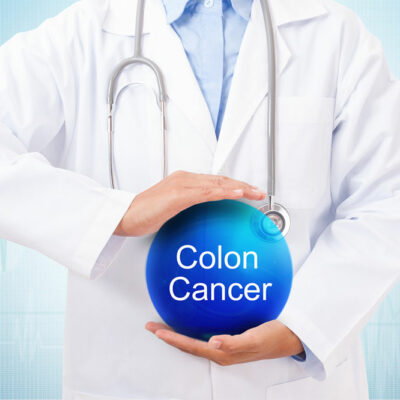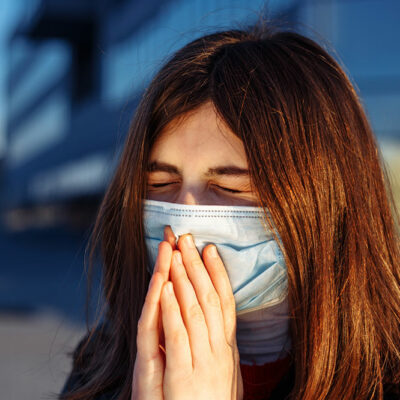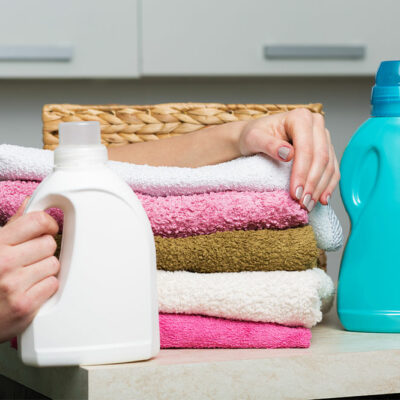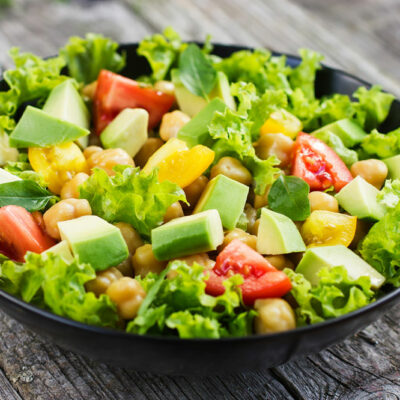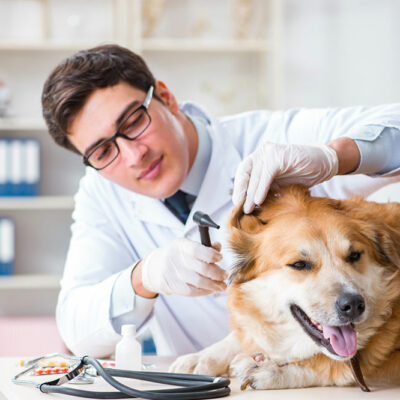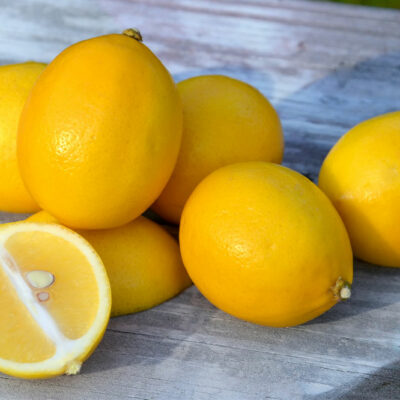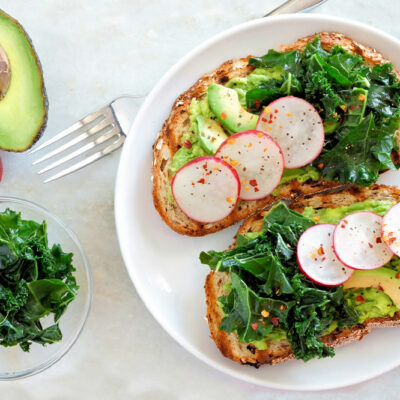
Health
GERD – Foods to Consume and Avoid
Gastroesophageal or GERD reflux disease is an ailment characterized by the recurrence of acid reflux more than twice a week. This is a painful illness, and when left untreated, it can cause serious complications. Luckily, like most digestive system diseases, some dietary modifications can ease the symptoms. Your diet can either prevent or lower the progression of this condition. Here are the top foods to eat and avoid, if you have GERD Foods to avoid Many foods can set off acid reflux symptoms, and if you have GERD, it means your lower esophageal sphincter or LES cannot retain food in the stomach. The following foods can set off these symptoms, and thus you must avoid them at all costs. 1. Fatty food Sadly this rules out most of the fast foods your tongue might crave. Fatty foods lower the pressure on the LES, thus increasing the risk of reflux. Many studies suggest reducing fat intake by avoiding French fries, sour cream, ice cream, cheeses, and anything deep-fried. High-fat cuts of red meat like prime rib and marbled sirloin increase the frequency of acid reflux in GERD patients. 2. Spicy foods Even with a well-functioning GI tract, spicy food can cause irritation and abdominal pain.
Read More 